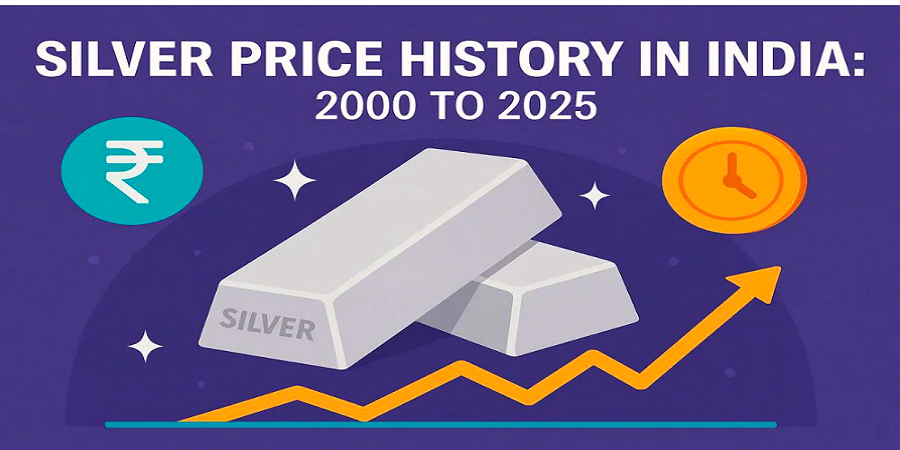Which foods contain aspartame The artificial sweetener is now considered a ‘possible carcinogen
Aspartame is commonly found in Diet Coke,
Trident gum and tabletop sweeteners like NutraSweet and Equal.By Maia Pandey
The World Health Organization’s International Research Agency on Cancer announced Thursday that the artificial sweetener aspartame, commonly found in Diet Coke and other sugar-free foods, is a possible carcinoge.
However, a second WHO group, the Expert Committee on Food Additives, did not change its threshold for the daily amount of aspartame that is safe to consume: 40 milligrams for adults who weigh about 154 pounds — the amount in around 14 cans of Diet Coke. The Food and Drug Administration has a slightly higher limit of 50 milligrams per day for an adult who weighs about 132 pounds.
“It’s a slight warning to people, but it’s not ‘do not consume,’” Barry Popkin, a professor of nutrition at the University of North Carolina Gillings School of Global Public Health, said of the WHO decision. “Consume moderate levels and you’re OK.”
Found in more than 5,000 foods and drinks, aspartame is far sweeter than sugar. In 1974, the FDA approved its use as a tabletop sweetener and ingredient in gum, cereals, instant coffee, dairy products and other items. Common foods and drinks with aspartame include:
Tabletop sweeteners, including NutraSweet, Equal and Sugar Twin.
Beverages and drink mixes, such as Diet Coke, Coke Zero, Diet Snapple, Fanta Zero, Sprite Zero, Crystal Light and Wyler’s Light.
Sugar-free gum, including Trident, Extra, Wrigley’s and Mentos gum.
Gelatin-based products, including sugar-free Jell-O and Royal Gelatin.
Syrups, including Mrs. Butterworth’s Sugar Free Syrup and Log Cabin Sugar Free Syrup.
What the research says about cancer risk and aspartameThe WHO placed aspartame in a risk category below two others: “carcinogenic to humans” and “probably carcinogenic.
” Other substances in the “possible carcinogen” category include aloe vera
Past research on aspartame’s link to cancer has not yielded conclusive evidence that it causes the disease, and many studies investigating links between cancer and artificial sweeteners have relied on animals, not humans, Popkin said. READ MORE









